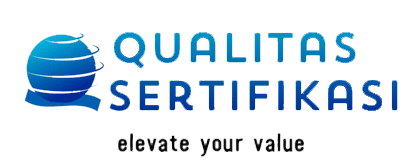How ISCC CORSIA Can Help You Tap into the Growing Market of Sustainable Aviation Fuel
The aviation industry is facing a major challenge: how to reduce its carbon footprint and contribute to the global fight against climate change. Aviation accounted for 3% of global CO2 emissions in 2019, and is among the most difficult sectors to decarbonize due to the lack of viable alternatives to fossil fuels. The industry has committed to achieve net-zero emissions by 2050, which will require a radical transformation of the way planes are powered.
One of the most promising and viable alternatives to conventional jet fuel is sustainable aviation fuel (SAF), which is made from renewable sources such as waste and residue oils, biomass, or synthetic gases. SAF is a drop-in solution that can be blended with fossil jet fuel and used in existing aircraft engines and infrastructure, without requiring any modifications. SAF has the potential to lower CO2 emissions by up to 90% compared to conventional jet fuel, depending on the feedstock and production process.
However, SAF is still in its infancy and faces several barriers to widespread adoption. One of the main challenges is the cost, which is currently two to four times higher than fossil jet fuel. Another challenge is the availability, as SAF represents less than 0.1% of jet fuel used at present. The global demand for SAF is projected to reach 53 million metric tonnes (MT) per year by 2050, which will require a massive scale-up of production capacity and supply chains.
This is where ISCC CORSIA comes in. ISCC CORSIA is a certification scheme that covers all agricultural and forest raw materials, as well as waste materials, residues, and by-products, for the production of SAF. ISCC CORSIA is recognized by the International Civil Aviation Organization (ICAO) as one of the eligible schemes for the Carbon Offsetting and Reduction Scheme for International Aviation (CORSIA), which is an emission mitigation instrument to address the increase in total CO2 emissions from aviation. CORSIA requires airlines to offset their emissions above a baseline level by purchasing emission units from approved projects or programs, or by using SAF that meets certain sustainability criteria.
By obtaining ISCC CORSIA certification, you can demonstrate that your SAF meets the highest environmental and social standards, and that you can provide reliable and transparent information on the greenhouse gas emissions savings and the origin of the feedstock. You can also access the growing market of SAF, as more and more airlines are looking for ways to reduce their carbon footprint and comply with CORSIA requirements. ISCC CORSIA can also help you to differentiate your product from competitors and to gain a competitive edge in the global SAF market.
ISCC CORSIA is not only applicable for SAF producers, but also for all actors along the supply chain, such as feedstock suppliers, traders, transporters, and distributors. By joining the ISCC CORSIA certification system, you can benefit from a robust and credible scheme that ensures traceability and chain of custody, and that is supported by a network of qualified auditors and certification bodies.
The Southeast Asian region has a unique opportunity to become a leader in SAF production and consumption, as it has abundant resources and potential markets for SAF. According to a recent study by Neste, a leading producer of renewable fuels, six ASEAN countries (Indonesia, Malaysia, Thailand, Vietnam, Singapore, and the Philippines) combined have the potential to offer more than 16 million MT of waste and residue oil per annum for SAF production. These include used cooking oil (UCO), palm oil mill effluent (POME), empty fruit bunch (EFB) oil, and palm fatty acid distillate (PFAD), which are currently underutilized or disposed of as waste.
By converting these waste and residue oils into SAF, the region can not only reduce its greenhouse gas emissions and dependence on fossil fuels, but also create new jobs, income, and value for local communities and industries. Moreover, the region can leverage its strategic location and growing demand for air travel to become a hub for SAF distribution and consumption, attracting investments and partnerships from global players.
To realize this vision, the region will need to overcome some challenges, such as developing a supportive policy framework, establishing a robust certification system, and fostering collaboration among stakeholders. The region can also learn from the best practices and experiences of other countries and regions that have successfully implemented SAF initiatives, such as the Nordic countries, the European Union, and the United States.
SAF is not a silver bullet, but a key enabler for the aviation industry to achieve its climate goals and contribute to the global fight against climate change. By harnessing its potential, Southeast Asia can position itself as a pioneer and a role model for the rest of the world. And by obtaining ISCC CORSIA certification, you can be part of this transformation and benefit from the opportunities that SAF offers.
If you want to learn more about how your business can contribute to the sustainable aviation fuel revolution, or if you are interested in obtaining ISCC CORSIA certification for your product or service, please don't hesitate to
call us today or visit our
website for more information!
Recent posts
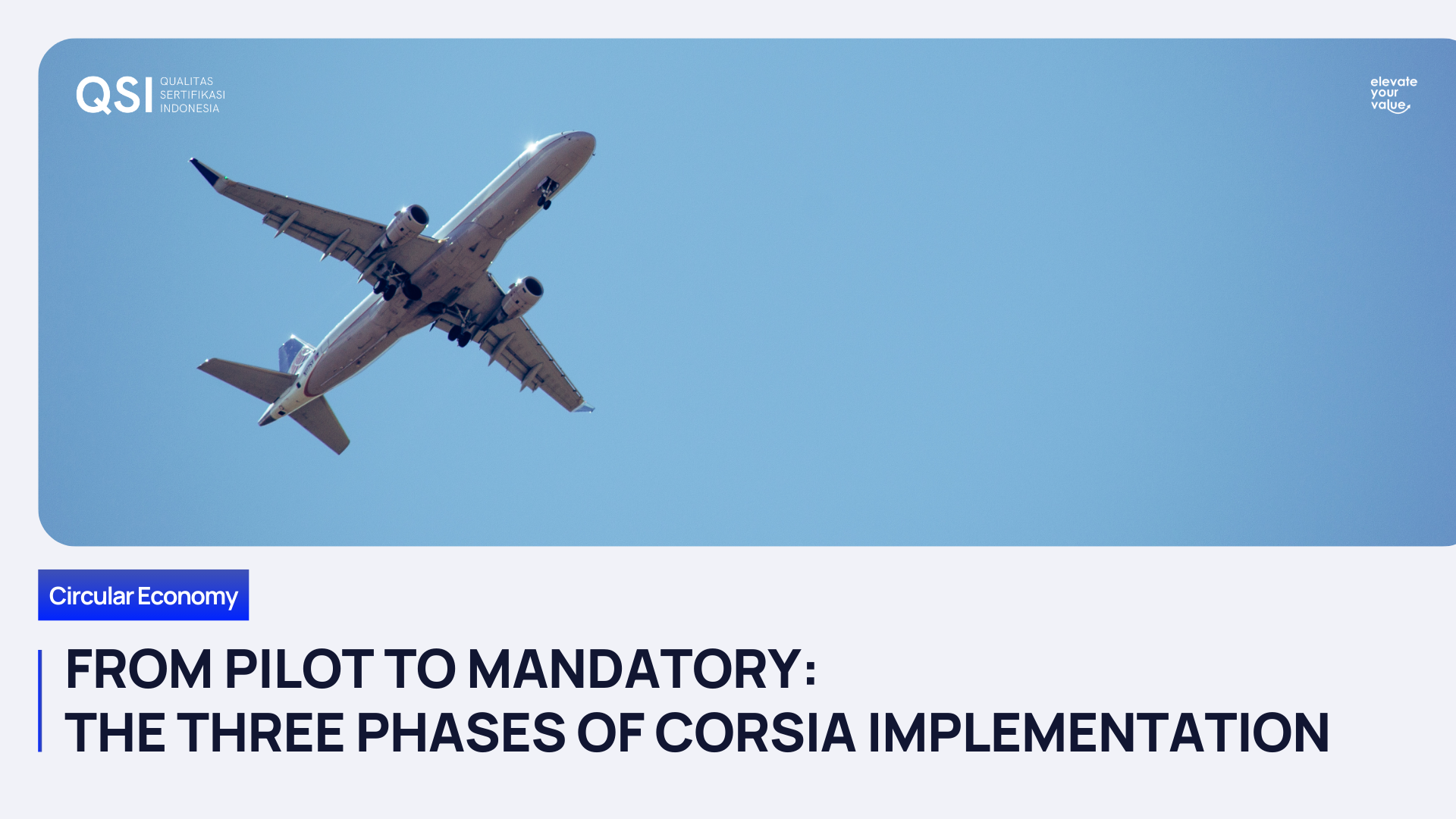
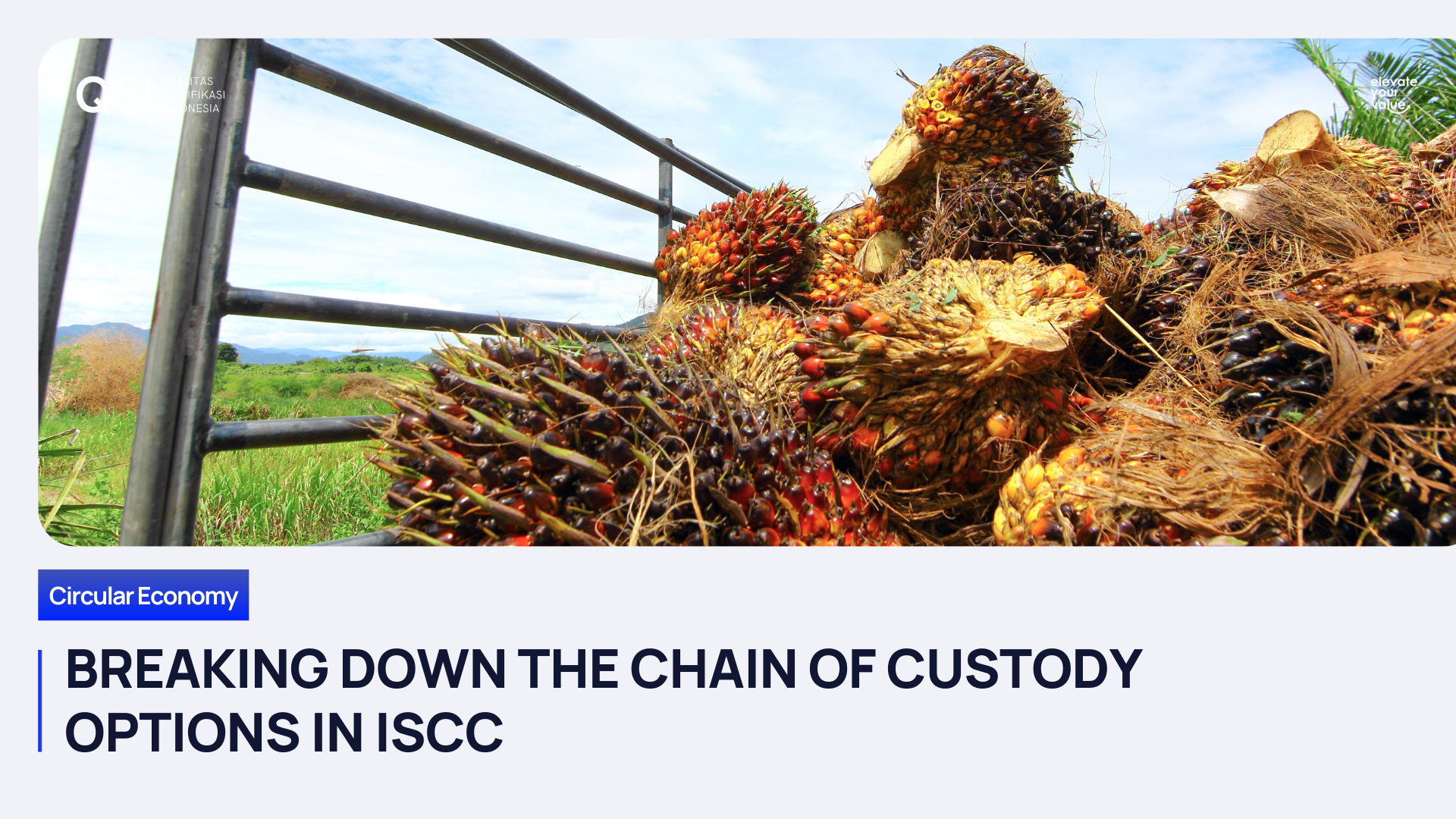
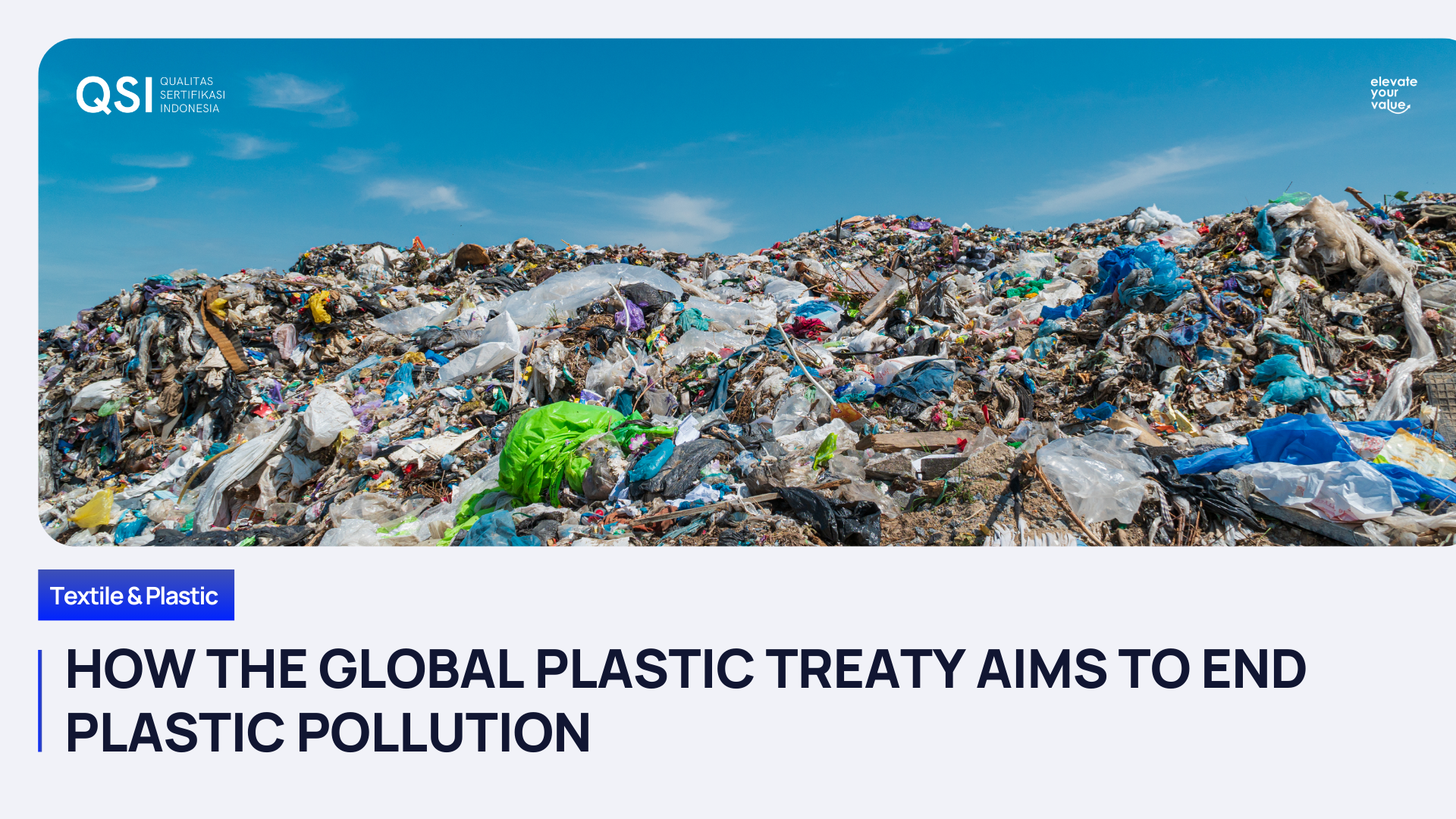
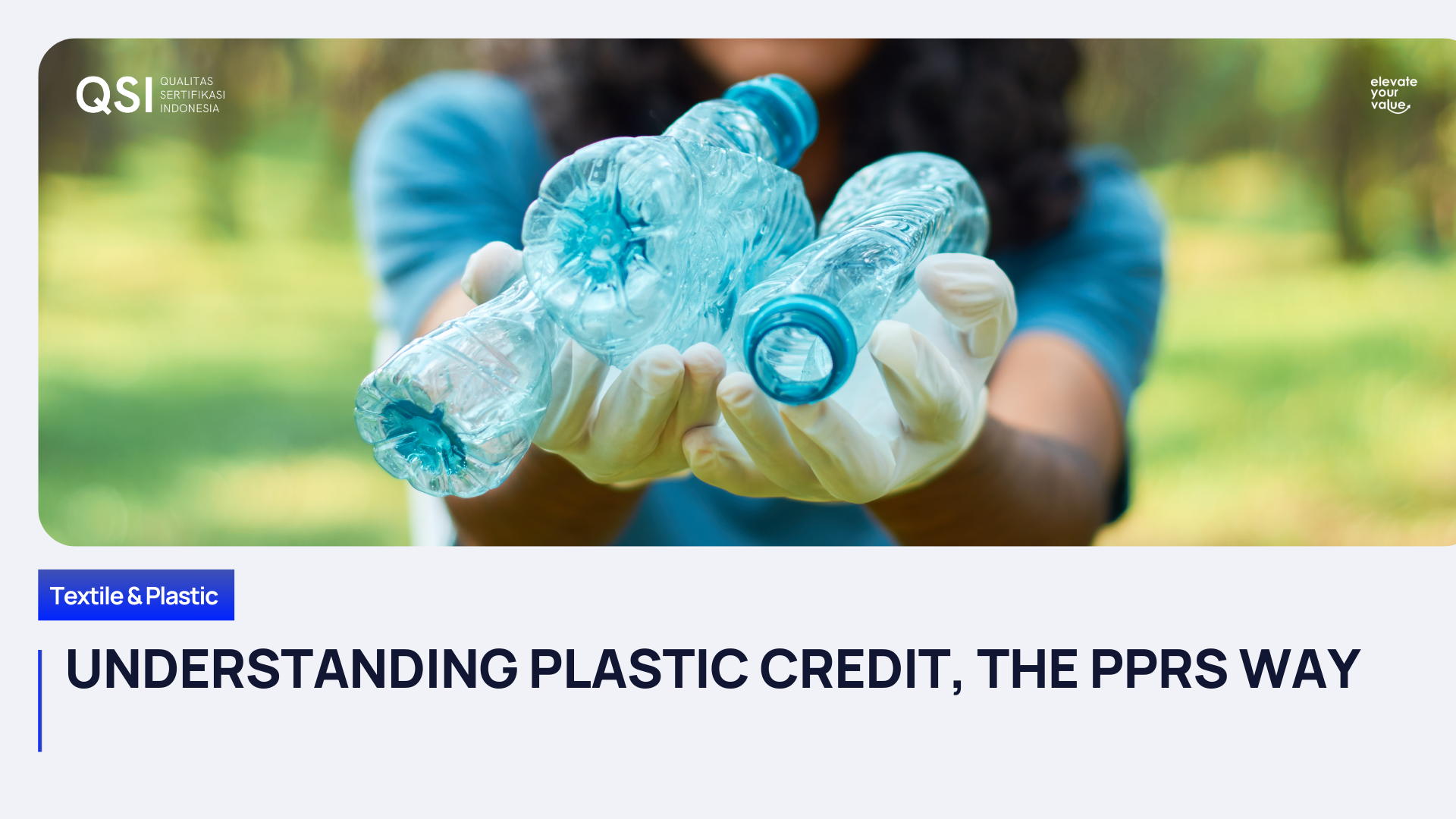
Drop us a line
Contact Us
We will get back to you as soon as possible.
Please try again later.
Share



General Inquiries
Phone
+62 21 2949 1946
Headquarter
The CEO Building, Level 12th
Jl. TB Simatupang No. 18C
Cilandak Barat, Cilandak
Jakarta Selatan, DKI Jakarta 12430
Indonesia
Operational
Menara Sun Life, 7th Floor
Jl. Dr. Ide Anak Agung Gde Agung Blok 6.3
Kuningan Timur, Setiabudi
Jakarta Selatan, DKI Jakarta 12950
Indonesia
Programs
Quick Links
Qualitas Sertifikasi Indonesia
PT Qualitas Sertifikasi Indonesia
